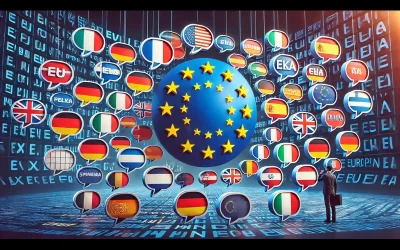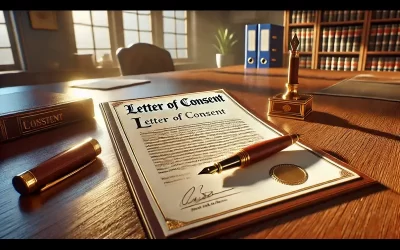Arabic is widely spoken around the world today. The estimated Arabic Speaking Population In The World is around 420 million with 30 different dialects. Originating from the Semitic languages, Arabic is also the language that the holy book Quran is written in, making it a primary incentive for devout foreigners to take up mastering this sacred tongue.
Arabic Speaking Population In The World: Countries by Population
The country with the highest population is Egypt (82 million). The following countries are: Algeria (39.2 million). Sudan (38 million). Iraq (33 million). Morocco (33 million). Saudi Arabia (28.2 million). Yemen (24.5 million). Syria (22.5 million). Tunisia (10.9 million). United Arab Emirates (9.3 million). Jordan (6.4 million). Libya (6.2 million). Lebanon (4.5 million). Palestine (4.1 million). Mauritania (3.9 million), Oman (3.6 million), Kuwait (3.3 million), Qatar (2.2 million) and Bahrain (1.3 million).
Influence of Arabic in other languages
The influence of Arabic culture is visible in languages such as Turkish, Bosnian, Persian and Hindi, but also in English with certain words like albacore and adobe that have distant Arabic origins. One of the official languages of the United Nations, Arabic speakers are constantly increasing thanks to population growth and immigration from and to the listed countries. The Arabic alphabet is said to be one of the hardest to master; however, it is one that produces the most coveted calligraphy around the world.
Arabic Speaking Geography & Major Dialect: Fusha
According to Wikipedia:
Arabic has spread to a very wide geographical area with the spread of Islam since the 7th century. With the cultural dominance of the Islamic religion, Arabic speaking population in the world spread to Balkans, Egypt and North Africa by dominating the region. Over time, a vast geography from Spain to Southeast Asia it became a superset language. Today, from the Moroccan to the Iranian border, approximately 400 million people are native speakers, but daily dialects have differences in the region. However, the seventh-century Hijaz Arabic language, the language of the Holy Quran, is accepted as Standard Arabic (Fusha) because it has remained unchanged day by day, and it is the Arabic language used by various Arabic people to understand each other. Because it is the official language of the Arab states, education and press coverage is also carried out with this Standard Arabic (Fusha).
For the Arabic translation services, we recommend to use the service of local agencies with native Arabic translators as Arabic has different dialects in different countries and require native proficiency to provide a high-quality translation.
Certified Translation Services
Get your documents translated and certified by a professional translator in 120+ languages with 24 hour delivery.
Get a Quote Rana Maalouf
Rana Maalouf

